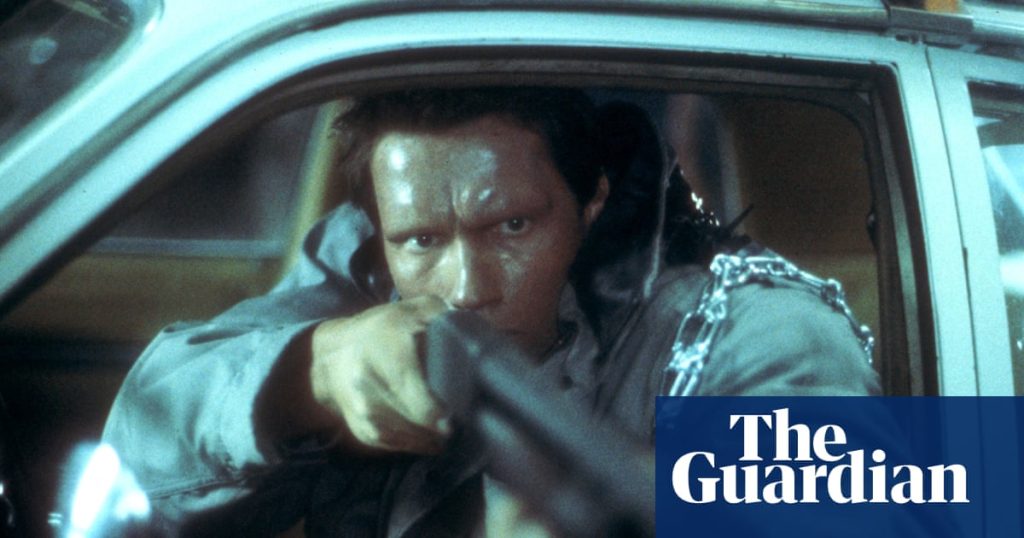The director James Cameron has warned that the use of artificial intelligence in a global arms race could lead to the kind of dystopia fictionalised in his Terminator franchise.
Speaking to Rolling Stone to promote the publication of Ghosts of Hiroshima, an account of the first atomic bombing by bestselling author Charles Pellegrino which Cameron intends to adapt for the big screen, the film-maker behind three of the four highest-grossing films of all time (Titanic and the first two Avatar films), said that although he relies on AI professionally, he remains concerned about what might happen if it was leveraged with nihilistic intent.
“I do think there’s still a danger of a Terminator-style apocalypse where you put AI together with weapons systems, even up to the level of nuclear weapon systems, nuclear defence counterstrike, all that stuff,” Cameron said. “Because the theatre of operations is so rapid, the decision windows are so fast, it would take a super-intelligence to be able to process it, and maybe we’ll be smart and keep a human in the loop.
“But humans are fallible, and there have been a lot of mistakes made that have put us right on the brink of international incidents that could have led to nuclear war. So I don’t know.”
He added: “I feel like we’re at this cusp in human development where you’ve got the three existential threats: climate and our overall degradation of the natural world, nuclear weapons, and super-intelligence. They’re all sort of manifesting and peaking at the same time. Maybe the super-intelligence is the answer.”
Cameron’s original 1984 Terminator film starring Arnold Schwarzenegger is set in a world in which humanity is ruled by an artificially intelligent defence network called Skynet.
Cameron’s films, Avatar in particular, are actively engaged with AI in their execution, and the director has been positive about how the technology could help reduce production costs. Last September, he joined the board of directors of Stability AI and earlier this year said the future of blockbuster film-making hinges on being able to “cut the cost of [VFX] in half”.
He clarified that he hoped such cost-cutting would come not from human layoffs but speed acceleration.
However, Cameron has also expressed scepticism about the capacity of AI to replace screenwriters. In 2023, he said: “I just don’t personally believe that a disembodied mind that’s just regurgitating what other embodied minds have said – about the life that they’ve had, about love, about lying, about fear, about mortality – and just put it all together into a word salad and then regurgitate it … I don’t believe that’s ever going to have something that’s going to move an audience. You have to be human to write that.”

